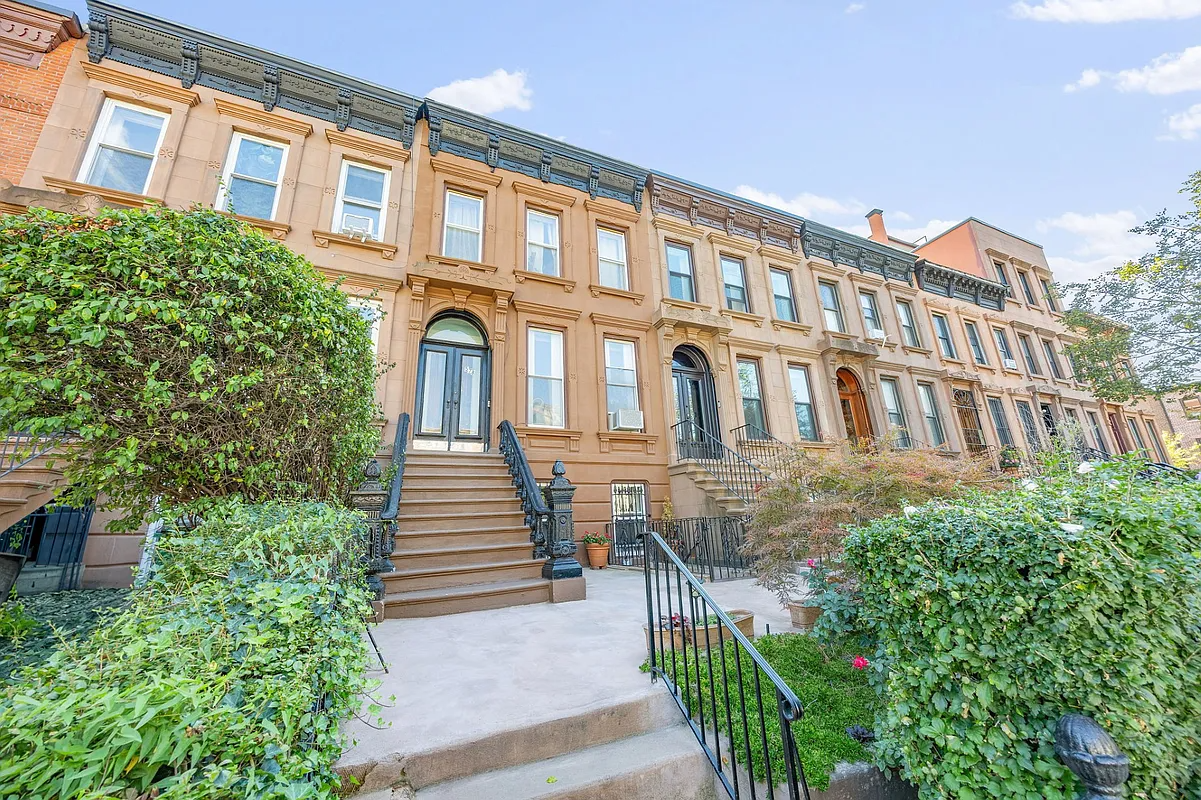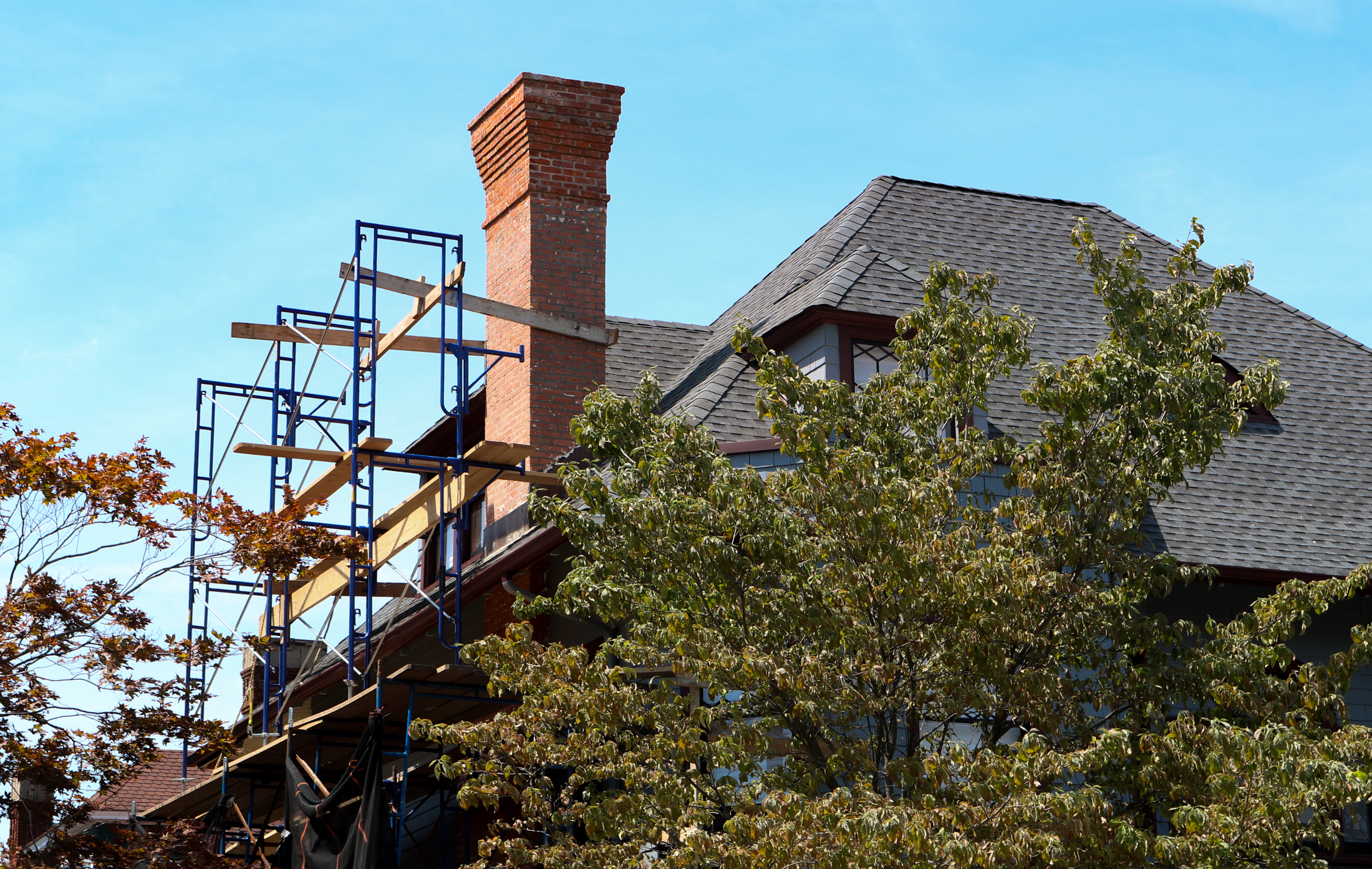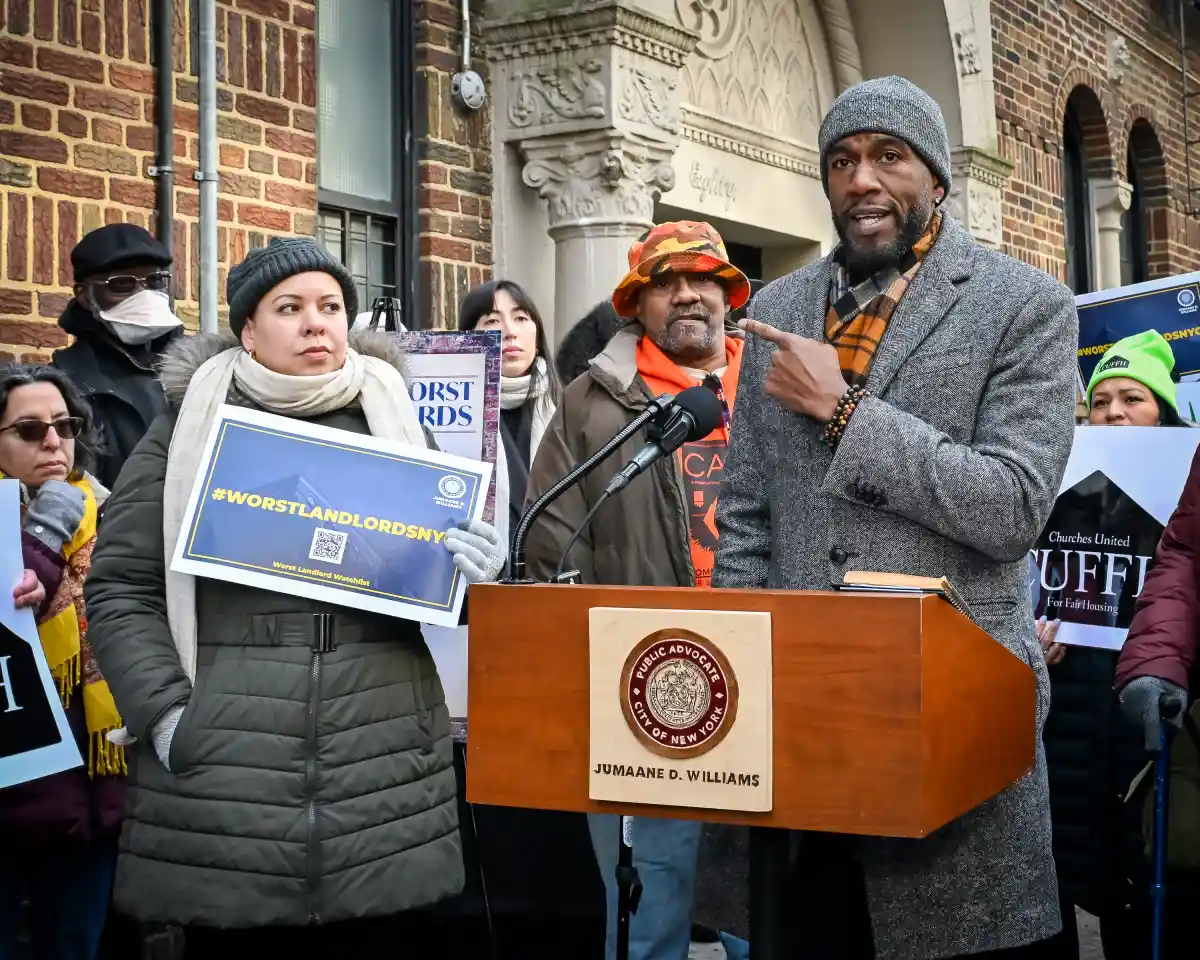Better to Buy or Rent?
The Times took a look this weekend at the math underlying the rent-versus-buy decision. One conclusion of the study was that is was about twice as expensive to buy right now in New York than rent on a purely monthly after-tax cash flow basis. The conclusion seems to be that buying right now only makes…


The Times took a look this weekend at the math underlying the rent-versus-buy decision. One conclusion of the study was that is was about twice as expensive to buy right now in New York than rent on a purely monthly after-tax cash flow basis. The conclusion seems to be that buying right now only makes sense if you believe prices will continue to rise:
For new home buyers, prices in New York would need to rise roughly another 13 percent over the next five years for the average buyer to do better than the average renter over that span. In Northern California, where the gap between house prices and rents is largest, home values would need to go up about 19 percent by 2010. Over the next decade, the break-even increase is about 25 percent in New York and 40 percent in California.
The article also points out that it’s impossible to account for the psychic benefit someone may derive from owning. True, but the psychic toll of losing equity also isn’t being accounted for!
Is It Better to Buy or Rent? [NY Times]





David,
I should note that because of the limitations on itemized deductions and the rules regarding the AMT, it can in fact be advantageous to rent out property in order to shift a portion of your property tax deductions to the real estate rental schedule (Schedule E).
AMT is a fairly complex code. You can’t simply apply a broad sweeping statement to it without understanding the nuances.
For the record, the BigBubba impersonator is a troll. I have stopped using the BigBubba handle on this board.
David,
You have no idea what you are talking about. Mortgage interest is not subject to the AMT.
David,
Perhaps where you are getting confused is the fact that interest on home equity loans is not ded under AMT unless the loan is used to improve the home. Ded interest is specific to the mortgage that was used to purchase the home or a refi of that mortgage (so long as the amount is not greater than the original mortgage).
Hope that helps.
Anon at 4:03pm,
Yes, you can ded the portion of interest that is allocated to the rental property. Of course, this portion is NOT ded’d under your personal deductions. There is no double-dipping.
And yes, the depreciation does reduce your tax basis, but yes that’s a problem for another day and perhaps not even a problem depending on the future.
David,
Like I said, I am no accountant. But, I’m fairly certain I remember what my tax returns look like.
1) With respect to the AMT, mortgage interest that arises from the purchase of a home is deductible under AMT. Why don’t you do a google on “AMT” and “qualified housing interest”. My read of the tax code and my experience has been that mortgage interest on a primary residence is generally deducted from income for purposes of AMT.
2) Rental income is not necessarily included in taxable income. Like I said, rental income is typically treated as a gross business revenue. If you had a sole proprietorship, you would not pay taxes on your gross revenue – only on the PROFIT. For the small 2-3fam homeowner like myself, there are enough “expenses” to fully offset revenue = zero profit.
I don’t know how much plainer I can get my point across. Unless you’re telling me that you are a CPA or that you have direct experience with these issues (as I have), then I’m inclined to say, you are misinformed.
BB — I realize you can depreciate the portion of the house that are rentals, but can you also write off the mortgage payments? I thought it was one or the other but not both. (Also, depreciating the property means that you lower the basis for tax purposes when you sell, but that is for another day, I assume.)
MC, I’m doing the same (I’m anon at 9:08). If you believe what you read, saving for 2-3 years will benefit you if prices either flatten and will really help you if prices drop. You’ll be able to save a “real” (20%) downpayment if prices flatten, and if they drop, well, your money just goes further. And yes, interest rates will be somewhat higher, but you will have less of a chance of paying more in your mortgage than your home is “worth” on paper.
I personally will never understand people who say that saving money isn’t worth it (provided you are not doing so completely in lieu of paying off high interest debt). The last time people thought that was in the years before the Great Depression. Saving may be a conservative thing to do but finances are such a personal thing and everyone is comfortable doing something different. Having some cash is not a bad thing. Personally, I plan to talk to a financial planner to make sure that someone like me (and I’m fairly conservative financially) can make the most of savings while still earning some interest.
BB –
Your way off on AMT – ALL income is subject to AMT (including rental income) and the AMT makes no distinction between deductions for State and Local taxes vs. Mortgage deductions. All the AMT does in simple terms is say if you earn X you must pay a minimum of Y in taxes. Therefore if you earn X and your deductions for Taxes and Mortgage interest puts your tax liability below Y – you still owe Y. The law makes no distinction as to which deduction the higher tax liability is applied, it doesnt care. Considering that you have a choice when it comes to taking on mortgage interest and no choice when it comes to State and local taxes- it actually makes intellectual sense to consider the offset against mortgage deduction – but in reality the law makes no specific ruling.
MC
Don’t give up. You do have options. Here are some strategies to consider:
1) Buy a place in the Clinton Hill co-ops on Clinton Avenue (at Lafayette or Myrtle) in FG. They are a terrific bargain and will definitely appreciate b/c of their prime location. The buildings are not attractive on the outside (they look like hi-rise brick projects) but the apartments are nice and roomy and higher floors have amazing views, they have 24 hour security, large windows, wood floors, elevator, great neighbors, laundry, etc. Very close to the subway too.
You could get a renovated 1-bedroom for around 279K. The 1 bedrooms have a dining room which most people convert into a second bedroom or office.
2) If you have 40K for a downpayment, consider an 80-10-10 mortgage. Then you can purchase something up to 400K.
3) There are some fairly reasonably-priced condos going up on the corner of Classon & Fulton in Clinton Hill. I believe you could get a 1BR in your price range.
4) Start looking in Queens, Yonkers, the Bronx and Staten Island. If you do your homework, you can get a terrific bargain and live in a great neighborhood. Brooklyn has gotten out of control and parts of Queens and the Bronx are actually closer to Manhattan.
5) Continue renting and buy a property in a cheaper city like Philadelphia, Newark or Albany and rent it out. When that property appreciates, you can take out your equity or sell it and buy a place in NYC. That way you’re still in the game, only at a price you can afford, and you don’t have to leave NYC.
6) Buy a property with a friend or family member. If you search high and low, you could find a 2-family double duplex in Bed-Stuy for around 650K. You could live in it together or your co-investor could rent out their part.
Be creative and you can make it happen.